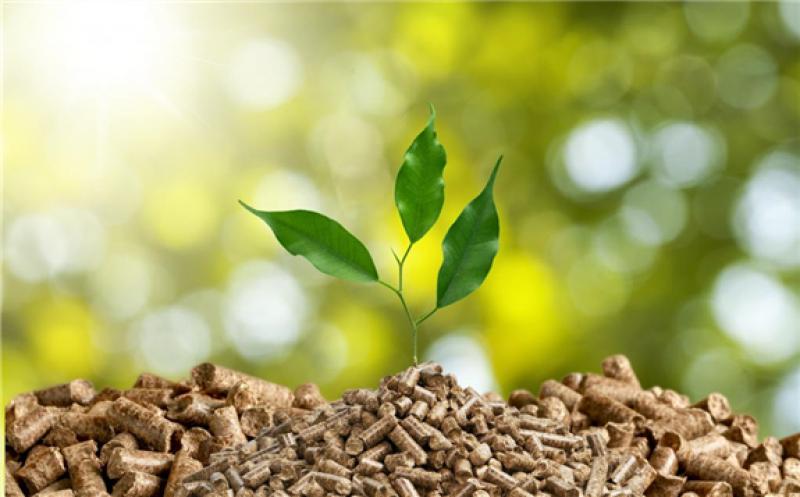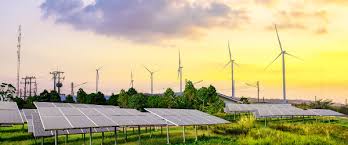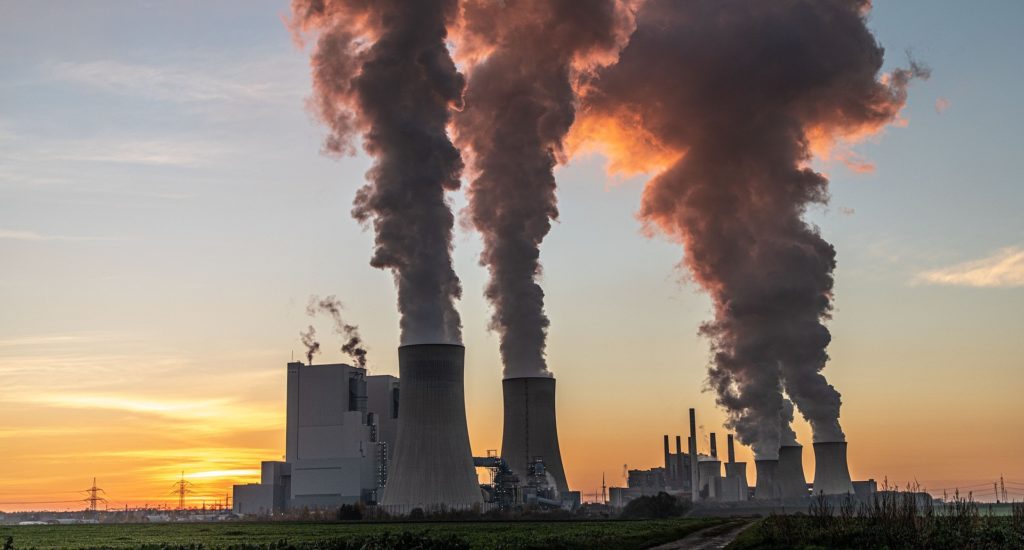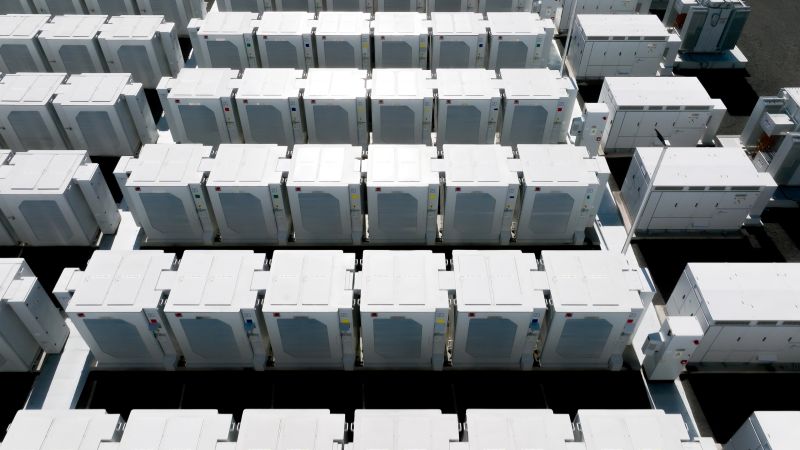Japan's biomass power association is promoting the use of biomass as a replacement fuel to make up nearly half of the insufficient coal-fired power capacity to be scrapped by 2030. This aims to increase the share of biomass in the country's 2050 power mix to 15pc.

The BPA has set a target to switch 9,840MW, or 40pc of the potential closure of 24,600MW of ageing coal-fired capacity to biomass-fed capacity during 2030s, although output from biomass-dedicated plants are likely to fall by 20pc compared with coal-fired generators.
Japan's biomass power industry wants to take advantage of the country's plan to close inefficient coal-fired plants by 2030 to accelerate greenhouse gas emission reduction. The latest goal assumes that all the country's super-critical (SC) coal-fired capacity, or coal power plants using SC and sub-critical technologies that have been built after 1990, would be replaced by biomass power capacity.
The BPA has also pledged the sector will build at least one large-scale biomass power plant with more than 300MW every two years, without using the country's feed-in-tariff (FiT) or planned feed-in-premium schemes, and 20 small-scale plants of 5-10MW every year from 2031-50.
These efforts could bring the country's total biomass-fired power capacity to around 26,800MW in 2050, or 15pc of the country's total power capacity targeted for the same year. Japan predicts the country's electricity use will increase to 1.3bn-1.5bn MWh in 2050, up by 30-50pc from the current demand level, supported by electrification.
The BPA has set a short-term goal to increase power capacity burned by general woody biomass and agricultural residue to 4,840MW by 2030, up from 1,980MW in 2021. The 2030 capacity would produce 33.1mn MWh/yr of electricity based on a 78.1pc utilisation.
Japan's biomass power sector has faced challenges to reduce the fuel's generation costs to complete with thermal fuels such as LNG. The relatively high costs for biomass fuels have caused concern over business continuity even after the FiT scheme ends.
But the BPA is eyeing a selling price of ¥15/kWh (13.82¢/kWh), similar to gas-sourced electricity, by 2030 while it expects biomass fuel procurement costs to decline with further diversification among fuel types and grades and the increased use of domestic supplies through effective forestry management.
Japan in 2015 set a 2030 target to generate 22-24pc of its power from renewable sources, as well as 20-22pc from nuclear and 56pc from thermal fuels. Biomass is forecast to account for 3.7-4.6pc of Japan's total output in 2030. The trade and industry ministry is review the energy policy to align with the 2050 carbon neutral target.
This article is reproduced at www.argusmedia.com







